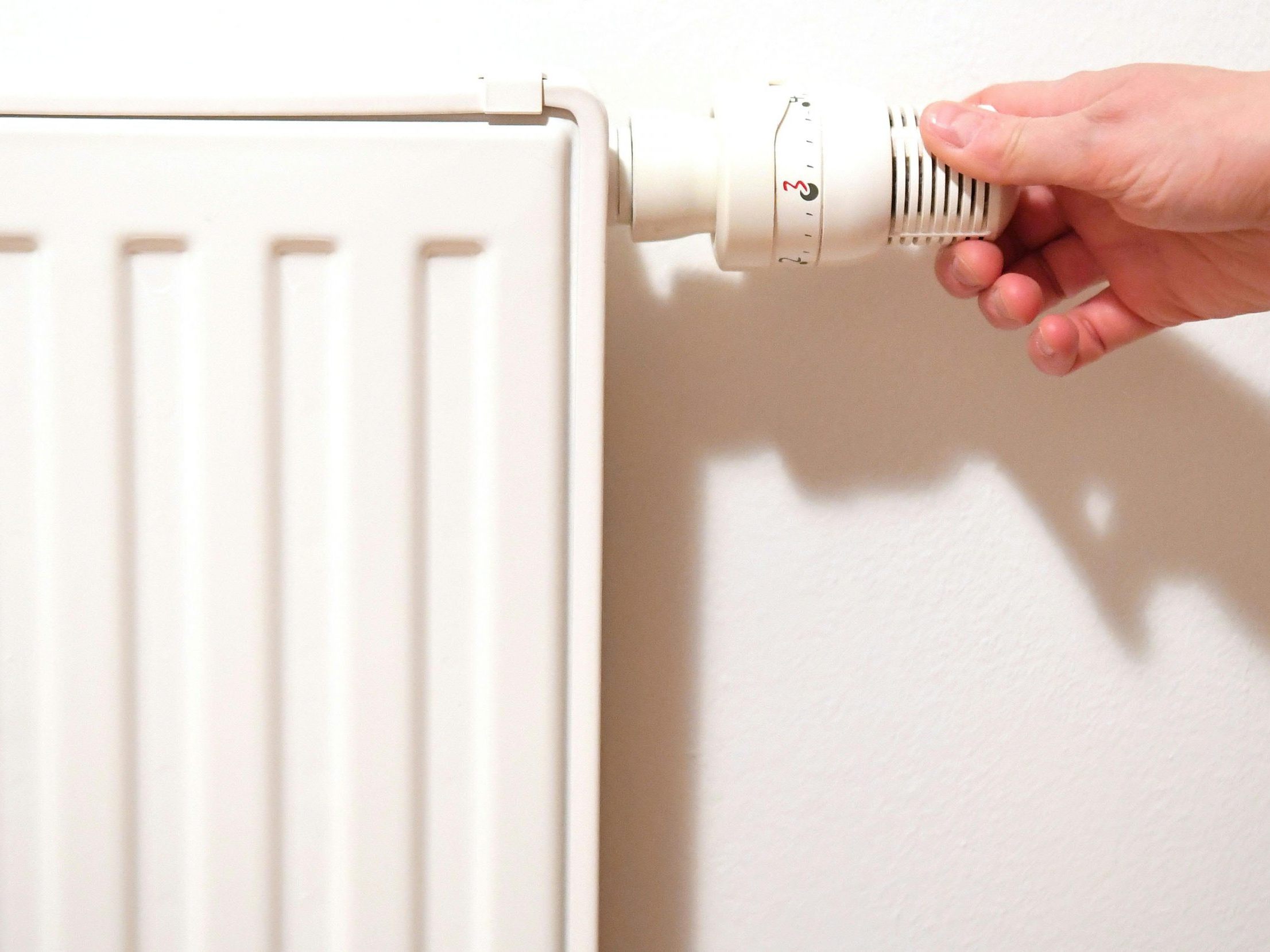Identified Need for Catching Up in Heating Transition

In the "Heating Transition Check," the NGO criticized the lack of ambitious targets, low renovation rates, and insufficient progress in heating system replacement. "Climate neutrality by 2040 is not achievable with the current efforts," said climate and energy spokesperson Johannes Wahlmüller according to the press release.
According to this, only Vienna, Upper Austria, and Styria have anchored the nationwide goal of climate neutrality by 2040 in their strategies. None of the federal states are on track to achieve climate neutrality by 2040 with their emission reduction targets by 2030.
Call for Faster Heating System Replacement
Global 2000 also calls for more speed in heating system replacement: Around 35 percent of heating systems in Austria were still operated with fossil energy, such as oil or gas, in 2023. There are significant differences between the federal states. For example, the share of fossil heating systems in Carinthia is significantly lower at 24 percent compared to Vienna at 47 percent.
The NGO also sees the share of fossil energy in district heating production as problematic. On average, more than a third of district heating in Austria is still generated from oil or gas, with the share in Vienna being even higher at two-thirds. However, Vienna is also the only federal state with a concrete strategy for phasing out fossil fuels in district heating by 2040.
Thermal Renovation Rate Too Low
Another open issue is the increase in the thermal renovation rate. To achieve climate neutrality by 2040, a renovation rate of 3 percent annually is required, but in 2022 the rate in Austria was only 1.4 percent. "At this rate, it would take over 70 years to renovate all buildings," the NGO stated in its press release.
There are also shortcomings in new construction, where the quality regarding heating energy demand has deteriorated in recent years contrary to expectations. There are also differences in efficiency standards between the federal states: A new building in Burgenland consumes 39 percent more energy than in Salzburg. Global 2000 calls for stricter requirements for heating energy demand.
(APA/Red)
This article has been automatically translated, read the original article here.





